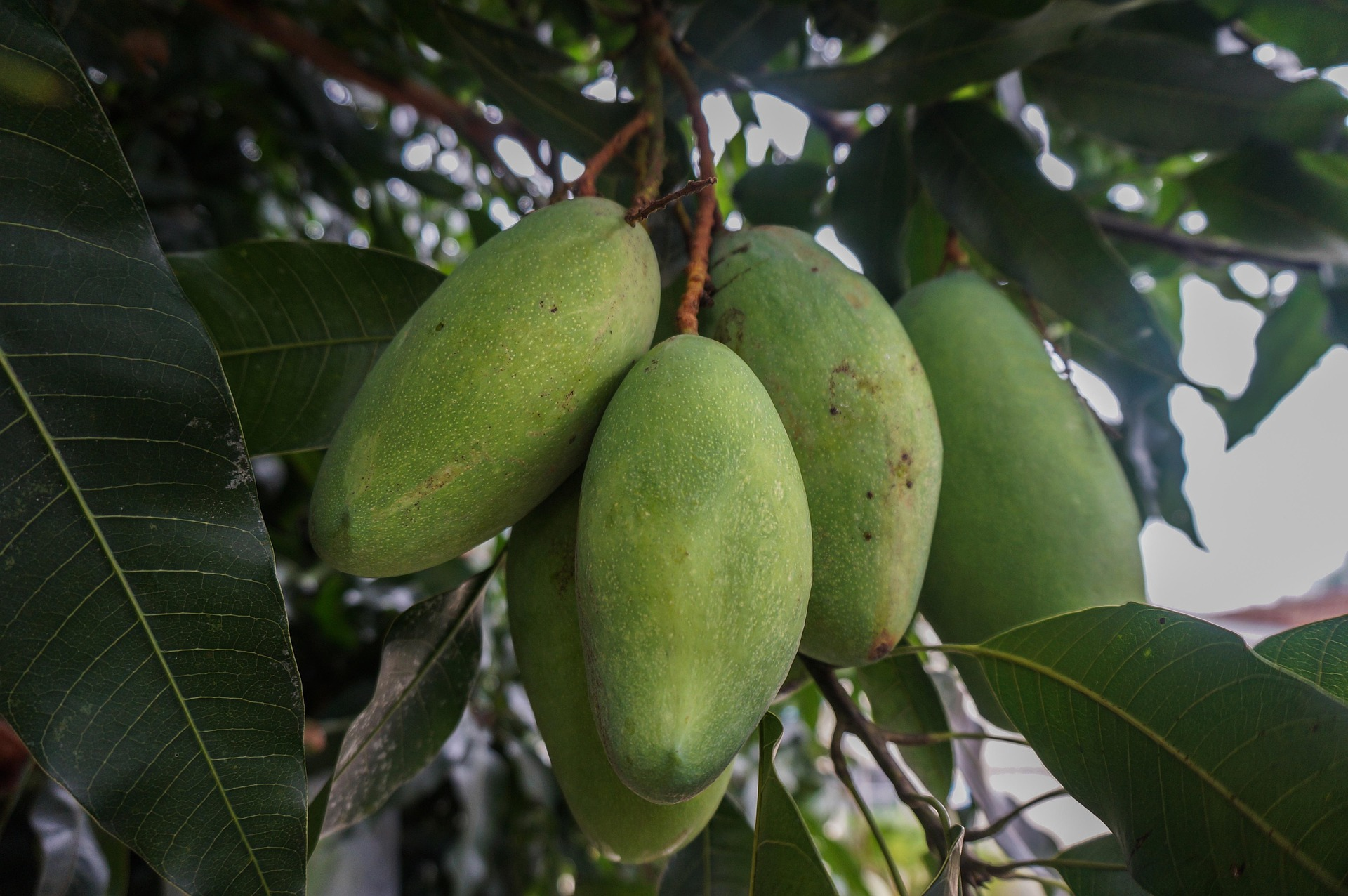Expanding reforestation efforts in the Philippines aims to restore degraded lands while addressing social challenges. These programs plan to employ the formerly indigent and vulnerable people. This workforce will provide jobs and skills to those who need them most.
The practice of expanding reforestation through Local People’s Organizations and regional Rural Development Centers will plant trees and also create food forests or food gardens. The programs implemented for expanding reforestation will also provide housing, training, and paid employment opportunities for the indigent and other vulnerable populations. These food systems will supply food for social assistance and feeding programs. The approach seeks to reduce reliance on government social welfare by building community self-sufficiency.
Expanding Reforestation with Food Forests and Food Gardens
Food forests and food gardens differ from traditional farming and provides an ideal solution for expanding reforestation efforts globally. The food gardens use natural systems to grow diverse plants together. This method supports the environment, the people, local resilience, and increases food security.
Traditional farming often harms soil and biodiversity. Expanding reforestation with food forests requires less plowing, chemicals, and heavy machinery. Natural ecological systems are built, and there may be some need to build swales, reservoirs, and even natural habitats for local flora and fauna. Once the food forests have reached maturity, they can be left untouched and continue to thrive.
The food grown in these areas will support indigent and vulnerable groups, including the elderly and the infirm. These groups often face food insecurity and limited access to basic needs. Food forests, when used for expanding reforestation, can provide fresh, nutritious food year-round without any burden on taxpayers or strained government assistance programs.
Local People’s Organizations Expanding Reforestation Efforts
Local People’s Organizations will manage the food forests and gardens. These groups consist of local community members who understand local needs and conditions. Local People’s Organizations will oversee planting, maintenance, and harvest activities within their own areas.
They will also handle distribution of food to local social programs. This local management ensures that the benefits stay within the community. It builds local ownership and accountability. Logistical support from the regional Rural Development Centers and the national operations of OPISAC will provide for the delivery of surplus harvests to other regions that may be lacking in those products.
Local People’s Organizations will be led by local operators, and staffed by many of the formerly indigent members of their communities. They will receive training and support from OPISAC members, generally from the regional Rural Development Centers, and trained to build and manage these complex systems.
The local participants will learn about permaculture principles for expanding reforestation with food forests. They will also be trained in the practices of sustainable harvesting, and ecosystem care. This knowledge helps them maintain healthy, productive food forests over the long term without burdening the taxpayers or government programs already stretched thin.
Long-Term Program Management Systems
The success of large-scale efforts for expanding reforestation depends on strong and ongoing program management. Long-term systems will track progress, monitor forest health, and evaluate social impacts. These systems will use data and community feedback to improve practices locally, nationally, and globally. They will ensure that food forests remain sustainable and productive.
Management of the operations for expanding reforestation will focus on balancing ecological restoration with social benefits. This means protecting biodiversity and soil health while providing food and income. It also means adapting to changing climate and local conditions.
Social and Environmental Benefits
Using vulnerable populations as a workforce creates multiple benefits. It provides stable jobs and skills training. This in turn, reduces poverty by giving people a way to support themselves. Food forests and reforestation improve food security by producing local, fresh food. It supports vulnerable groups by supplying food through social assistance programs without increased taxes or reliance on government assistance programs.
Environmentally, expanding reforestation efforts provides a viable and sustainable path towards systemic sustainability. This program reduces soil erosion and improves water quality. Expanding reforestation efforts increases carbon sequestration, helping fight climate change. It also protects biodiversity by creating habitats for plants and animals. Furthermore, it increases local resilience, lessens the risk of external disruption, and provides a tangible benefit to local populations with no added costs.
Challenges and Considerations of Expanding Reforestation
Large-scale reforestation with food forests requires careful planning. Reforestation needs clear roles for workers, managers, and support centers. It requires training to ensure proper care of complex food forest systems. The food gardens must avoid traditional farming practices that harm ecosystems. Management must also prevent invasive species from damaging new forests.
Sustained funding and political support are essential. Sustained funding is provided in part, by the commercial activities owned by OPISAC and by local programs granted to the Local People’s Organizations. Programs must build trust within communities.
Local Programs must respect local culture and knowledge and the constraints of the local context. OPISAC builds the Local People’s Organizations to provide training and employment opportunities to local populations, with a percentage of that money earned, as required by law, being returned to local programs.
Participants are selected from among the indigent and vulnerable populations with the help and cooperation of DSWD representatives. The DSWD or Department of Social Welfare and Development has people literally working hand-in-hand with the homeless populations. This gives them the necessary insight to find volunteers from among those individuals and families actively working to improve their lives.
Expanding Reforestation – A Summary Recap
Large-scale reforestation efforts in the Philippines plan to employ vulnerable and formerly indigent people. These workers will help establish and maintain food forests and gardens. The food produced will support social assistance and feeding programs for vulnerable groups. This is done without increasing taxes or further stressing government assistance programs.
Local People’s Organizations will manage these systems with support from Rural Development Centers. Strong long-term management will ensure sustainability. The program for expanding reforestation works to restore ecosystems, reduce poverty, improve food security, and build community and domestic resilience.

